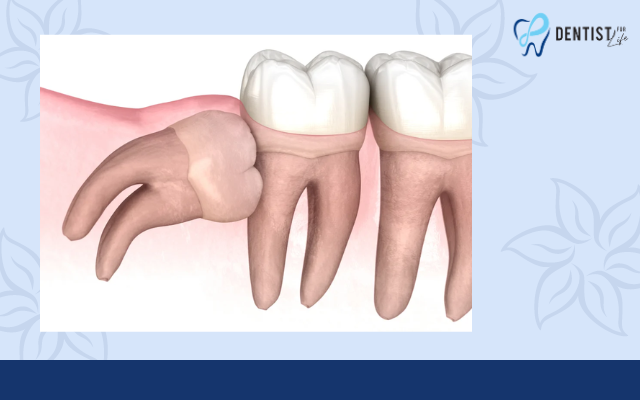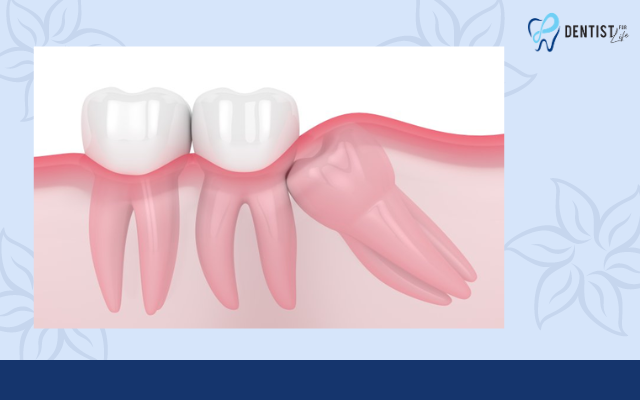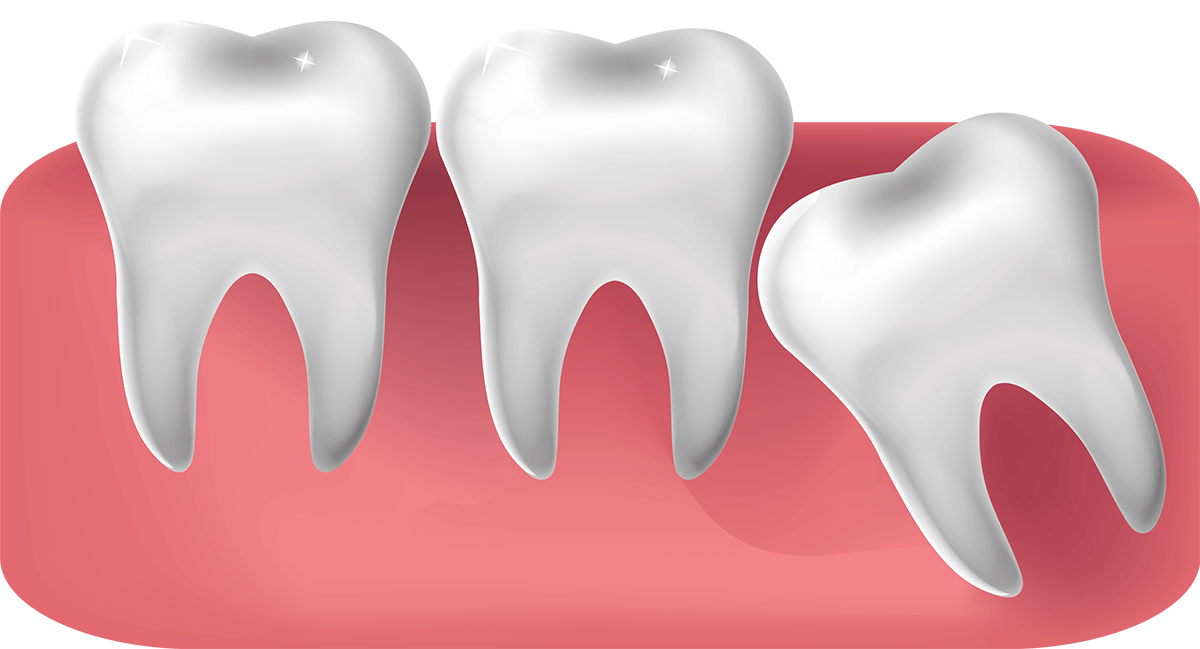Wisdom teeth, also known as third molars, are the last set of molars to emerge in the back of the mouth. In some cases, these teeth can become impacted, meaning they are unable to fully emerge from the gums due to lack of space or being angled incorrectly. When this happens, it can lead to a variety of dental issues, including pain, infection, and damage to teeth. As a result, many individuals may need to undergo a wisdom tooth extraction to alleviate these problems. In this article, we will explore the process of wisdom tooth extraction and the potential benefits of undergoing this procedure.
What has impacted wisdom teeth?
Wisdom teeth, also known as third molars, are the last set of teeth to emerge. They typically appear between the ages of 17 and 25. Sometimes, they grow straight and cause no issues. Other times, they become impacted, partially or fully, in the gum or jawbone, leading to complications. Impacted wisdom teeth can cause various oral health problems, including tooth decay, gum disease, and infection.
Fully impacted wisdom teeth, partially impacted wisdom teeth, and non-impacted wisdom teeth: What’s the difference?

The difference between fully impacted, partially impacted, and non-impacted wisdom teeth lies in how the teeth are positioned in the jaw and whether they have fully emerged through the gums.
Fully impacted wisdom teeth are completely encased within the jawbone and are unable to erupt through the gum tissue. This can lead to complications such as infection, pain, and damage to surrounding teeth.
Partially impacted wisdom teeth have partially emerged through the gum tissue, but are not able to fully erupt. This can also cause issues such as infection, gum disease, and crowding of the surrounding teeth.
Non-impacted wisdom teeth have fully erupted through the gum tissue and are properly positioned in the mouth. While non-impacted wisdom teeth may not cause immediate issues, they can still be prone to problems such as decay and gum disease due to their location at the back of the mouth, which can make them difficult to clean.
Understanding the differences between these types of impacted wisdom teeth can help individuals and their dentists determine the best course of action for managing their oral health.
See more: Understanding the Stages of Tooth Extraction Healing
What are the different types of impacted wisdom teeth?
There are four types of impacted wisdom teeth, each corresponding to the positioning of the tooth:
- Mesial impaction, which is the most common type, occurs when the wisdom tooth is angled toward the front of the mouth.
- Distal impaction, the rarest type, happens when the wisdom tooth is angled toward the back of the mouth.
- Vertical impaction occurs when the wisdom tooth is in the correct position for eruption, but is still trapped beneath the gums.
- Horizontal impaction occurs when the wisdom tooth is lying completely on its side, trapped beneath the gums. Horizontally impacted wisdom teeth are often painful because they place excess pressure on the teeth in front of them.
How do impacted wisdom teeth affect my oral health?
Impacted wisdom teeth can have several negative effects on oral health. They can cause pain, swelling, and infection in the surrounding gums. Impacted wisdom teeth can also lead to crowding or shifting of other teeth, potentially causing misalignment or bite problems.
Additionally, impacted wisdom teeth can increase the risk of tooth decay and gum disease in the affected area. If you are experiencing any issues with your wisdom teeth, it is recommended to consult with a dental professional for proper evaluation and treatment.
See more: Discovering the True Teeth Whitening Cost: What You Need to Know
Can impacted wisdom teeth cause headaches?

Yes, impacted wisdom teeth can cause headaches. When the wisdom teeth do not have enough space to fully emerge or grow in the correct position, they can cause pain and discomfort. This pain may radiate to the head and result in headaches.
Symptoms and Causes
What are the symptoms of impacted wisdom teeth?
Signs of impacted wisdom teeth include pain or swelling of the jaw or face, red or swollen gums, bleeding gums, a bad taste in the mouth, and difficulty fully opening the mouth.
What causes impacted wisdom teeth?
Wisdom teeth become impacted when there is insufficient space in the jaw, causing them to erupt at the wrong angle.
Preparing for your appointment
At Dentist For Life in Ohio, our focus extends beyond merely addressing impacted wisdom teeth; it’s about providing personalized care and relief from discomfort.
Our skilled professionals ensure a seamless experience, guiding patients through the process with precision and compassion. Utilizing cutting-edge techniques and a patient-centric approach, we prioritize your comfort and well-being throughout the extraction procedure.
Experience the transformative care Dentist For Life offers for impacted wisdom teeth, allowing you to regain oral health and comfort with confidence. Schedule a consultation today and trust us to alleviate the discomfort of impacted wisdom teeth effectively and efficiently.



